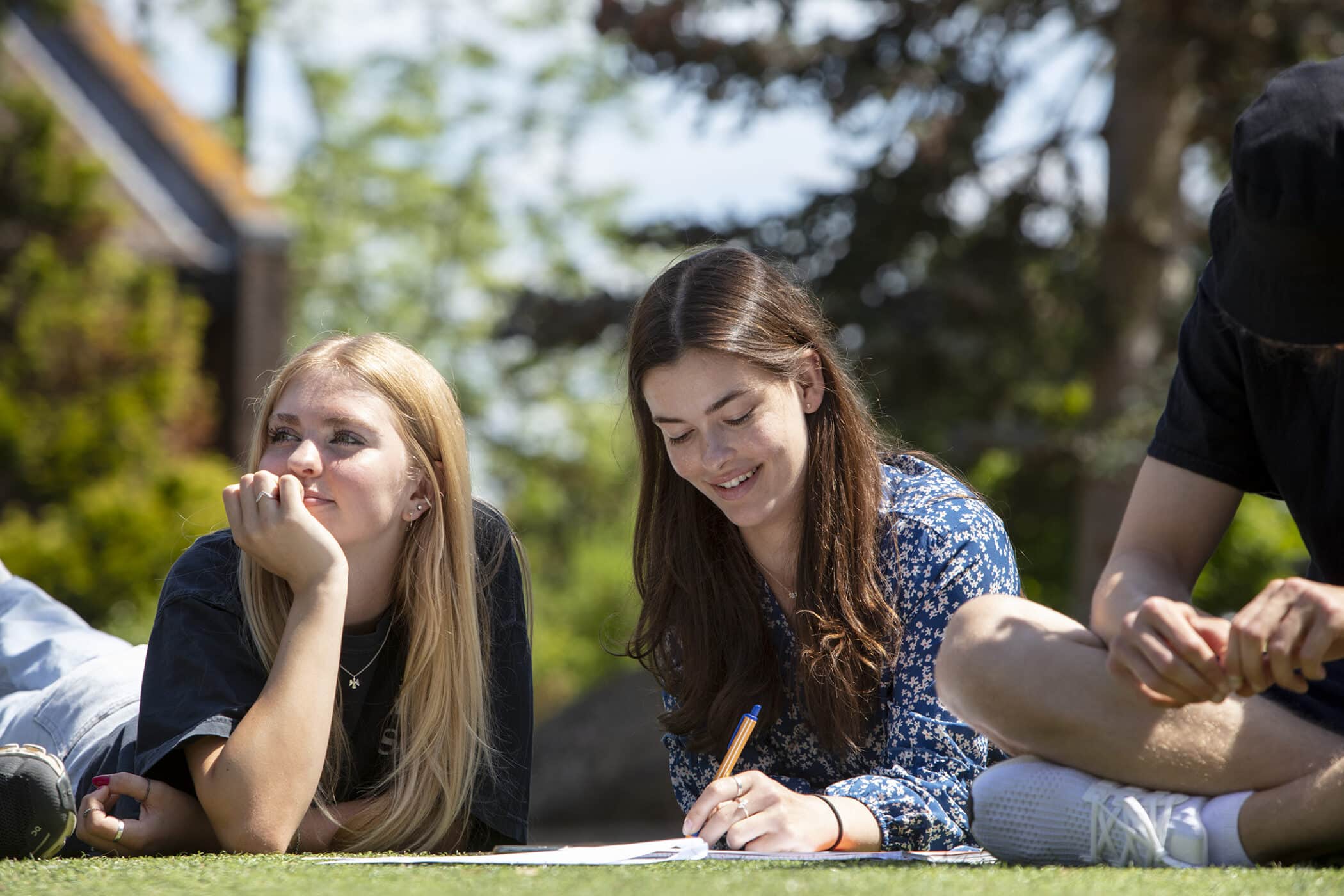14/01/2021
Top Tips for encouraging children to embrace nature
This winter, ACS International School Egham is sharing its top tips for how parents can encourage their children to get outside and stay active during the national lockdown – no matter what the weather. Research shows that being outdoors and in particular outdoor learning has many benefits for both children and teachers, improving health, wellbeing, education and engagement in school.
Cindy Blanes, Early Childhood & Lower School Principal and Forest School trained teacher, ACS Egham says: “Learning and playing outdoors and connecting with nature is very important to childhood development.”
It provides children with the opportunity to have fun and have hands-on, stimulating learning experiences that build awareness of the world around them.
Naturally, heading outside when the weather is warmer is preferred, however, it’s vital that throughout winter children continue to explore nature in all weathers for their once a day exercise to develop greater understanding of the environment and for the benefit of their own physical and mental wellbeing. If you’re struggling to get your child to take a break from non-school related screen time, here are my top tips for encouraging safe, active outdoor activity:
1. There’s no such thing as bad weather, just bad equipment
There is no need to spend lots of money on equipment or clothing to go outside – you just need a few essentials to keep children warm and dry. Layering up t-shirts and jumpers will ensure children are warm and staples like wellingtons and waterproofs are highly recommended for ensuring your child’s outdoor adventures are safe, warm and dry.
2. Use the space around you
Travelling will, of course, not be possible in the coming months, but there is no need to journey to the mountains or woods for your child to have valuable outdoor experiences. If you have a garden, this is the perfect place for children to explore and enables them to get to know their immediate home environment. Children can hunt for leaves, sticks and rocks to create small dens for wildlife and can search for bugs such as worms and spiders. Doing this throughout all the seasons will assist children in their understanding of the changes in nature and the fauna that thrive in all-weather types. If possible, leave an area of grass free to grow as it will become more inviting to wildlife.
3. Head to the park
If you don’t have a garden, stay local and head to a nearby park or green space which is equally as ideal for children to explore. Under the supervision of adults that they live with or are in a childcare bubble with, and at a safe distance from other park-goers, children can climb and play and interact with the natural environment. If you visit a playground without greenspace, encourage your child to explore and create an environment for animals using what they can find around them.
4. Routine
Like you might find as an adult, creating a routine you can stick to is critical to keeping up good habits. Building time into each day for children to connect with nature and explore outside is important for both children’s physical and mental health. Choose a time of day when children are most active and able to fully experience the environment that they are in through play.”
Outdoor learning and Forest School is a key part of the Early Years curriculum at ACS Egham; students spend one day per week learning through nature, with the freedom to explore, enquire and adventure in a secure and controlled environment.
Known for its development and wellbeing benefits, Forest School provides students with a secure autonomous space where they are able to learn at their own pace with the guidance of teachers. Children are able to work on their social skills such as communication and teamwork, and are encouraged to work together to problem-solve issues in the external environment and share success. Forest School also helps children become resilient through activities that require multiple attempts to master.
As a child-led approach to learning, Forest School also allows students to learn at their own pace exploring things in nature that they take an interest in.
Find out more about our Lower School curriculum at ACS Egham.





